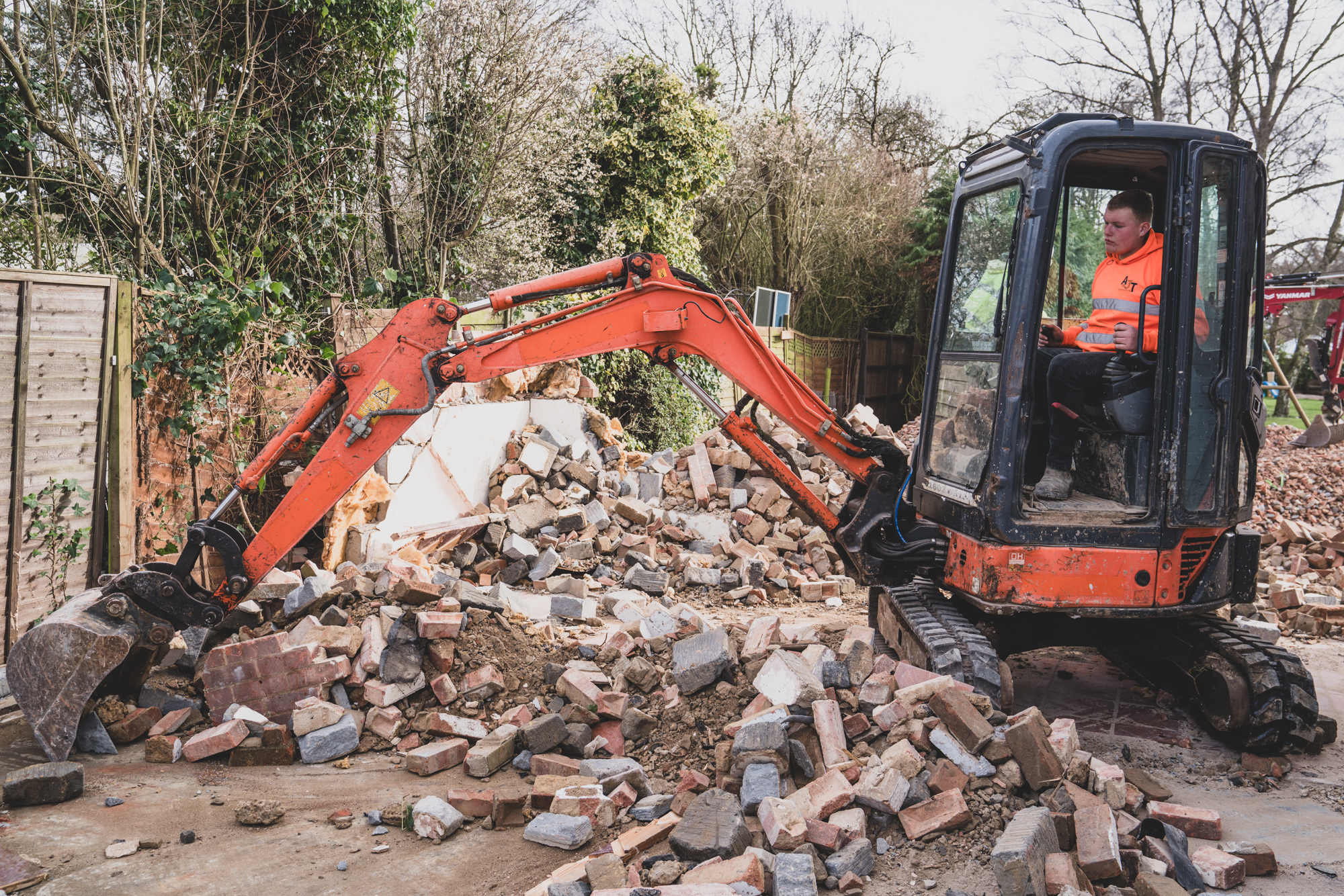Understanding Norfolk Groundworks: Why They’re the Foundation of Your Construction Project
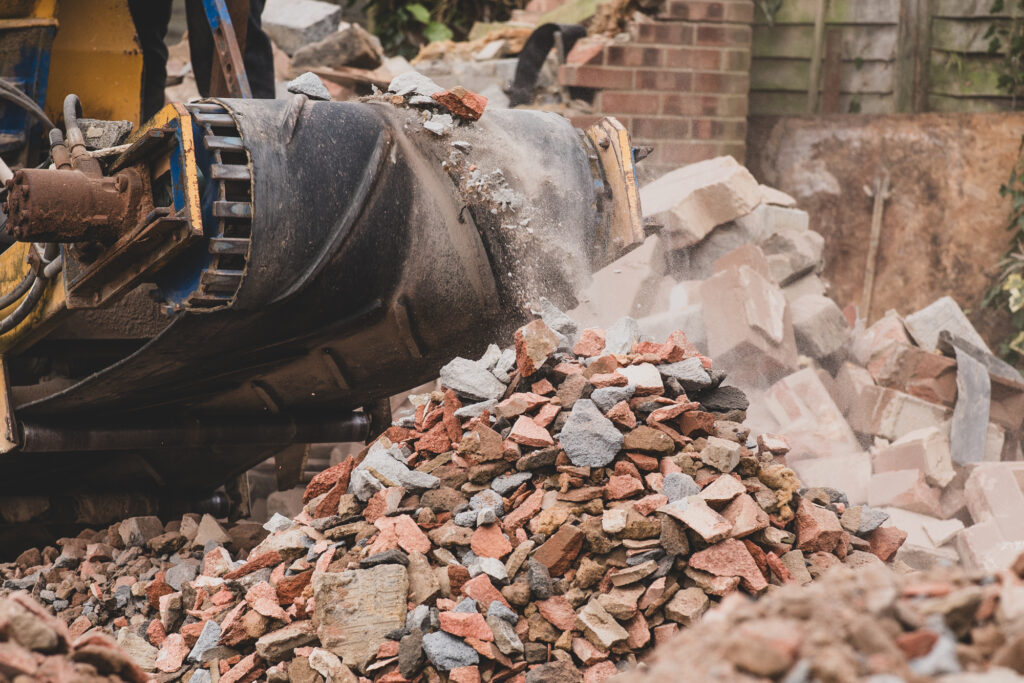
If you’re planning a construction project at your home, you might have come across the term “groundworks” and wondered what exactly it entails.
Groundworks are crucial as they form the first step in any construction process, setting the stage for everything that follows. In this comprehensive guide, AJT Contracting, your local experts in Norfolk, will explain what groundworks involve, why they are essential for any construction project, and the various types of services available in this field. Our team is led by Alan Frosdick, who gas been working in the heavy plant and groundwork sectors internationally, for over twenty years, working in both Australia and the UK on a huge range of commercial and residential projects.
Our focus is on providing you with practical insights that ensure your project starts on solid ground.
What Does Groundworks Include?
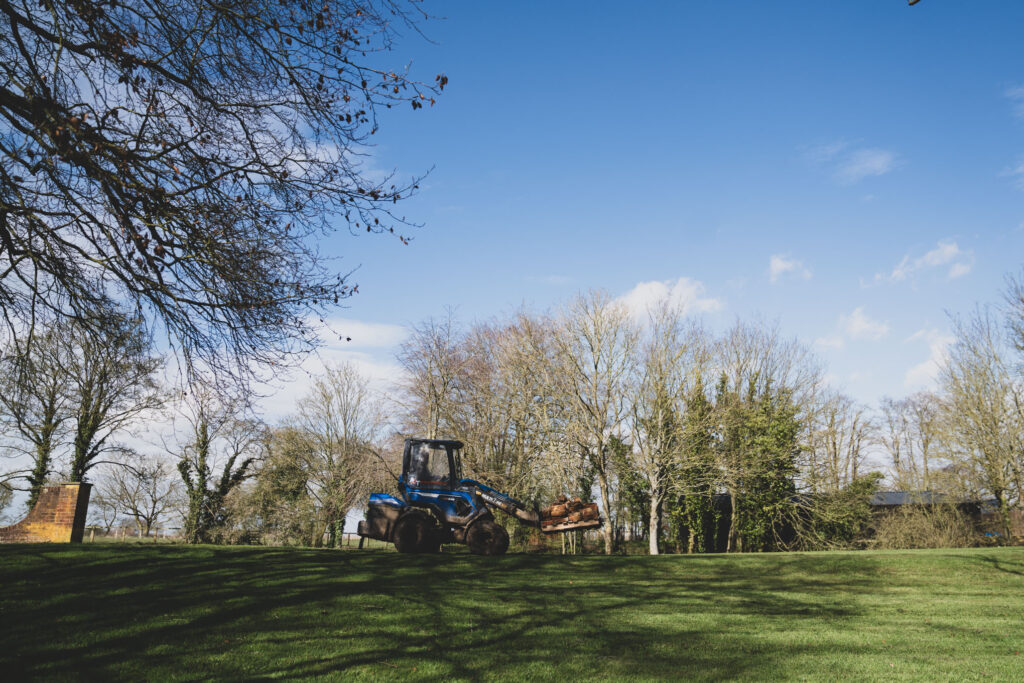
Commercial Photography by Blanc Creative
Our Norfolk Groundworks encompass all the preparatory work done on your site before the actual building starts. This phase is all about setting up the basics, which includes clearing the site, excavating, laying foundations, and installing essential services such as drainage systems.
The Importance of Groundworks
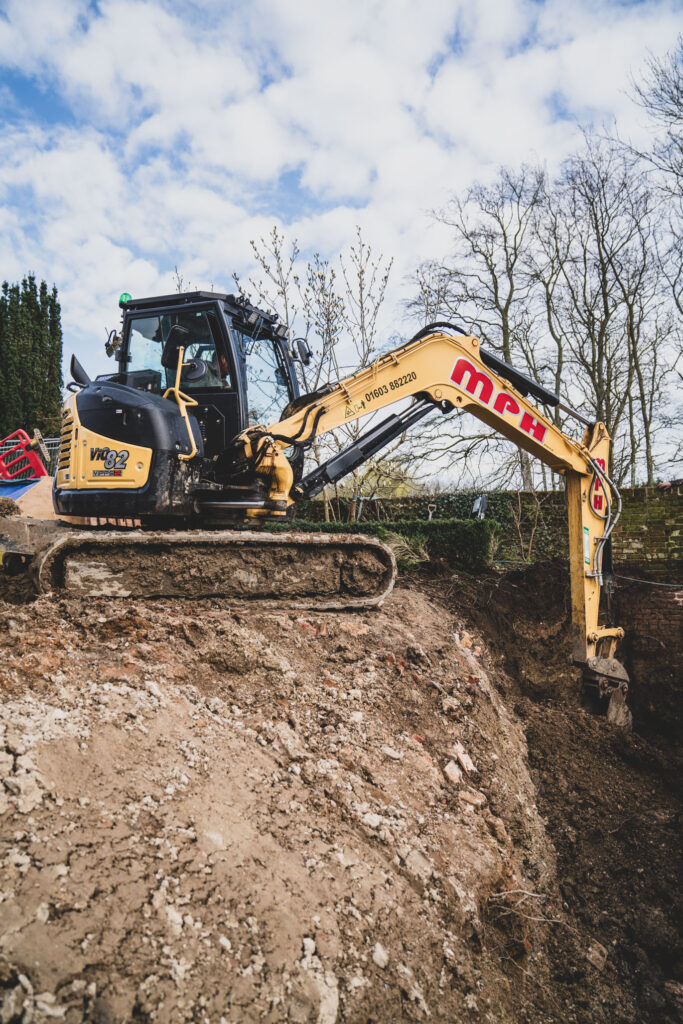
Ensuring Stability and Safety: The main purpose of groundworks is to ensure that your future home or extension has a stable and safe foundation. Properly executed groundworks help distribute the structural load evenly and prevent future problems like subsidence, which can cause significant damage.
Integrating Infrastructure: During the groundworks phase, it’s critical to lay down and integrate infrastructure for utilities like water, electricity, and sewage. This step is vital for ensuring that these services operate seamlessly once the building is completed.
Compliance with Regulations: Adhering to local building regulations is not just about following the law—it’s about ensuring safety and sustainability. AJT Contracting is well-versed in Norfolk’s specific regulations, helping you meet all legal requirements from the outset.
Norfolk Groundworks Services Offered by AJT Contracting
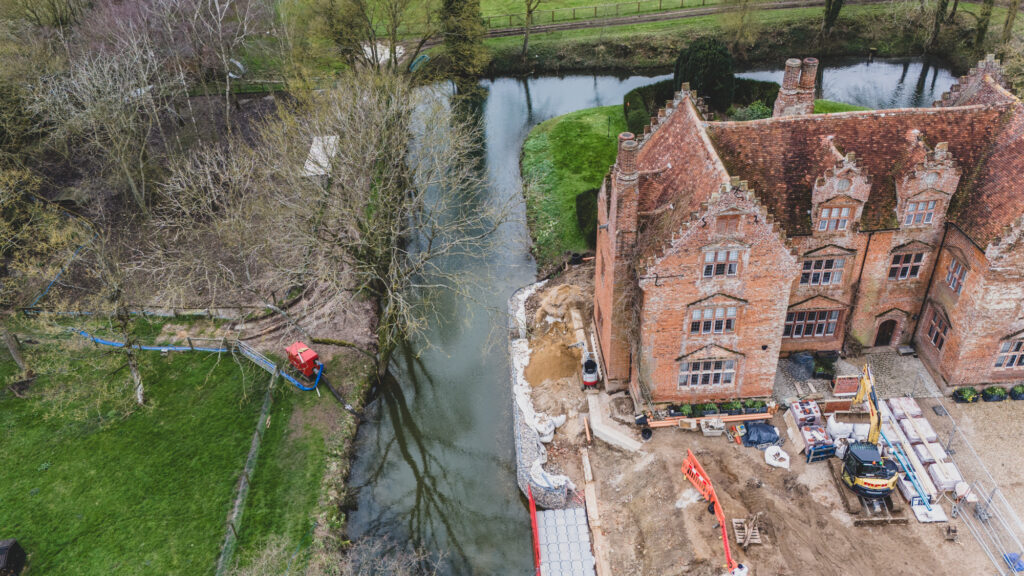
At AJT Contracting, we provide a comprehensive range of Norfolk groundworks services designed to prepare your site thoroughly and professionally for the next stages of construction. Here’s what we offer:
Site Clearance: We start by clearing your site of any debris, existing structures, or vegetation to prepare for construction.
Excavation: Our team handles all excavation needs, whether it’s for foundation trenches, utility channels, or to reduce the ground level.
Foundation Installation: Depending on the load requirements and soil conditions, we offer various foundational solutions, including strip, raft, and pile foundations.
Drainage Systems: We ensure your site has effective drainage to prevent water accumulation, which could otherwise lead to structural issues.
Concrete Works: Our skilled team lays high-quality concrete for bases, floors, and other structural elements, ensuring durability and strength.
Landscaping and Finishing: Once the primary groundworks are completed, we can also undertake landscaping and other finishing tasks to prepare the site for the next construction phase.
Why Choose AJT Contracting for Your Norfolk Groundworks?
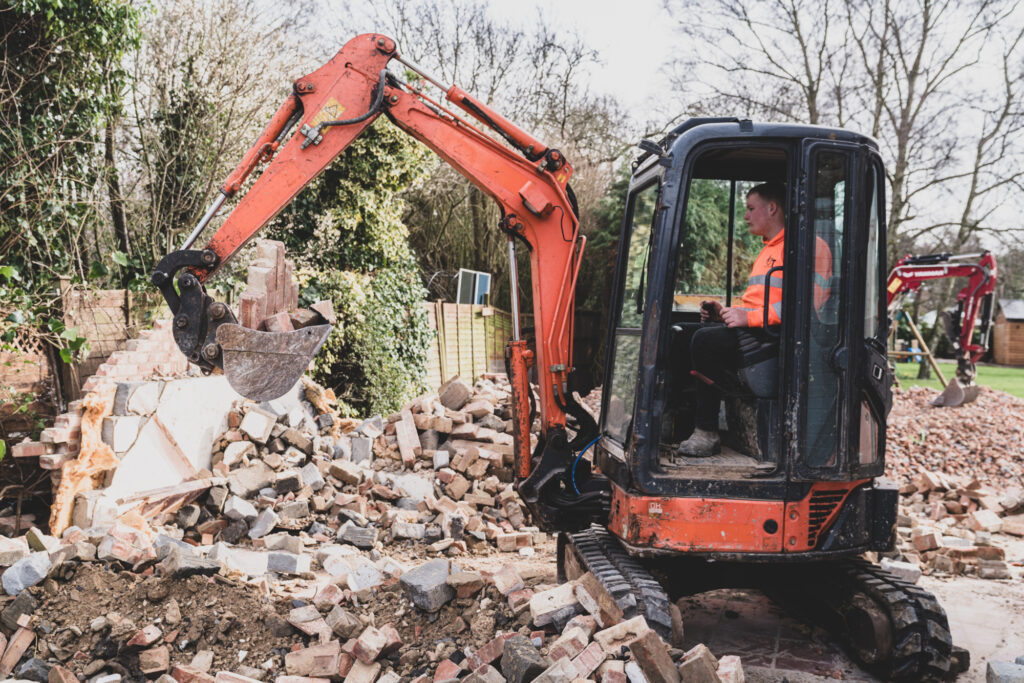
Choosing the right contractor is crucial for ensuring that your groundworks are carried out correctly. AJT Contracting brings expertise, local knowledge, and a commitment to quality that ensures your project starts correctly. Our familiarity with Norfolk ground conditions and regulations makes us the perfect partner for your next project.
Conclusion
While groundworks may not be visible once your home is completed, their quality is reflected in the stability, durability, and compliance of your final construction.
Trust AJT Contracting to lay a solid foundation for your home. We ensure that every detail is managed with precision, from initial site clearance to final preparations for building.
We’re an approachable business and our informative team are unhand to answer all of your questions and concerns about your projects. Contact us today to learn more about how our Norfolk Groundworks services can benefit your next project.

